From the moment a cat struts into a room with its tail held high, it can seem like the epitome of confidence and independence. But beneath that cool exterior, your feline friend might just be seeking a little reassurance from you. Cats, with their mysterious behaviors, often leave us guessing what they truly want. Could it be that their bravado is just a mask for their vulnerability? Let’s delve into the intriguing world of feline psychology and uncover the moments when your cat’s tough act is just a plea for comfort.
Puffed-Up Tail: The Feline Defense Mechanism
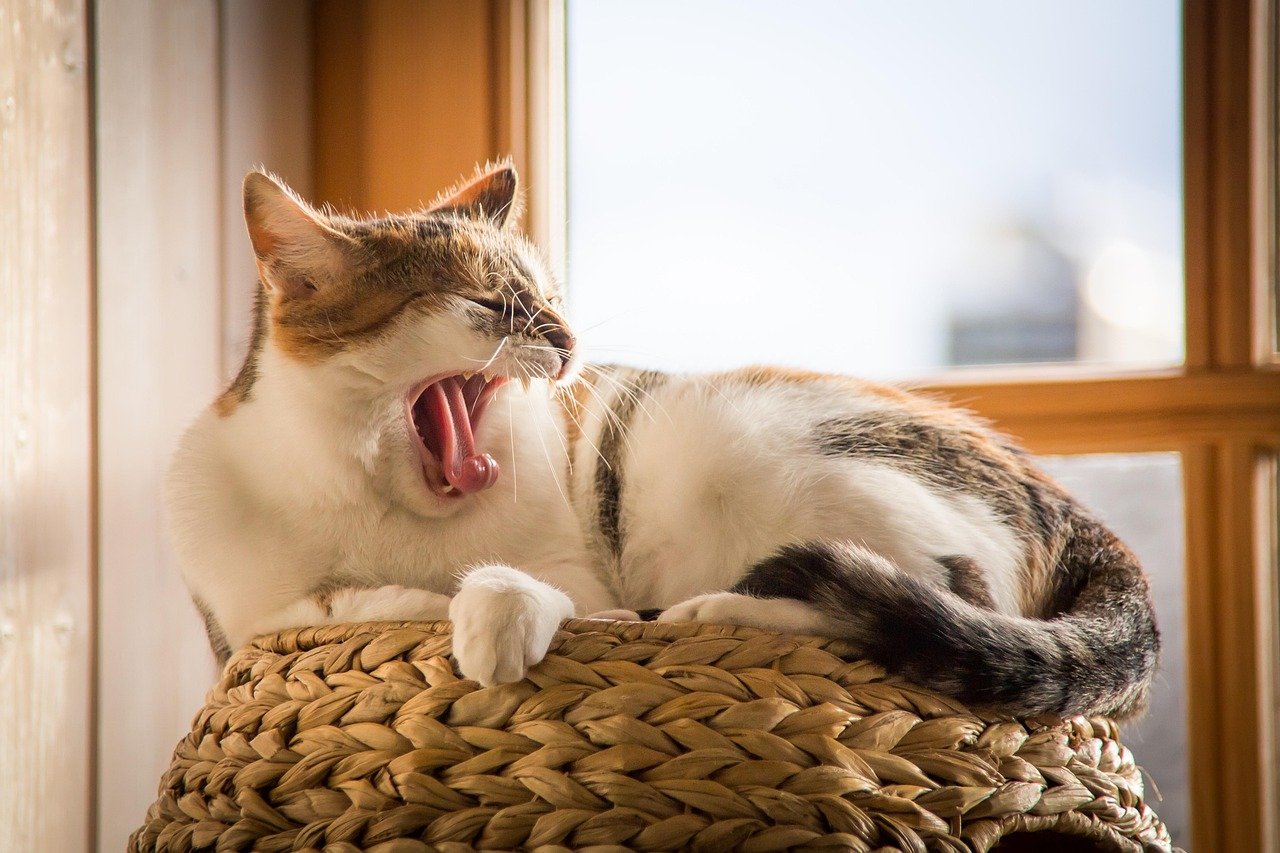
When a cat’s tail puffs up like a bottle brush, it’s a classic sign of a defensive stance. This behavior is often mistaken for aggression, but in reality, it’s a sign of fear. Cats puff up their tails to make themselves appear larger and more intimidating to potential threats. Imagine it as a cat’s version of putting on a brave face. In such moments, your cat is likely feeling insecure and is looking for reassurance from its environment, and more importantly, from you.
Hissing: A Cry for Understanding
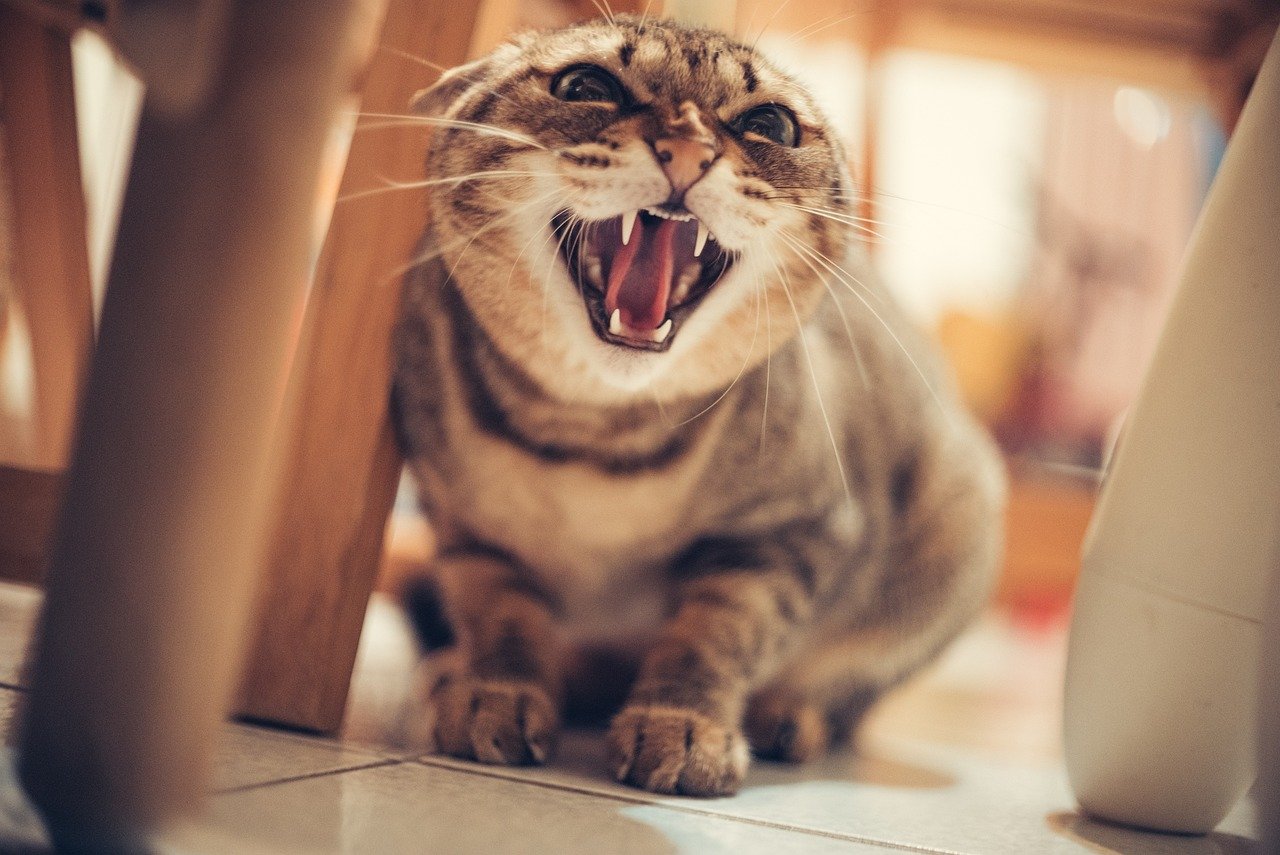
Hissing is another behavior that can easily be misunderstood. While it sounds aggressive, it is usually a cat’s way of saying, “I’m scared and need space.” This vocalization is a protective measure, designed to ward off perceived dangers. However, your cat may also be seeking your understanding and support. Approaching your cat calmly and slowly can help reassure it and ease its anxiety.
Staring Contest: Seeking Connection
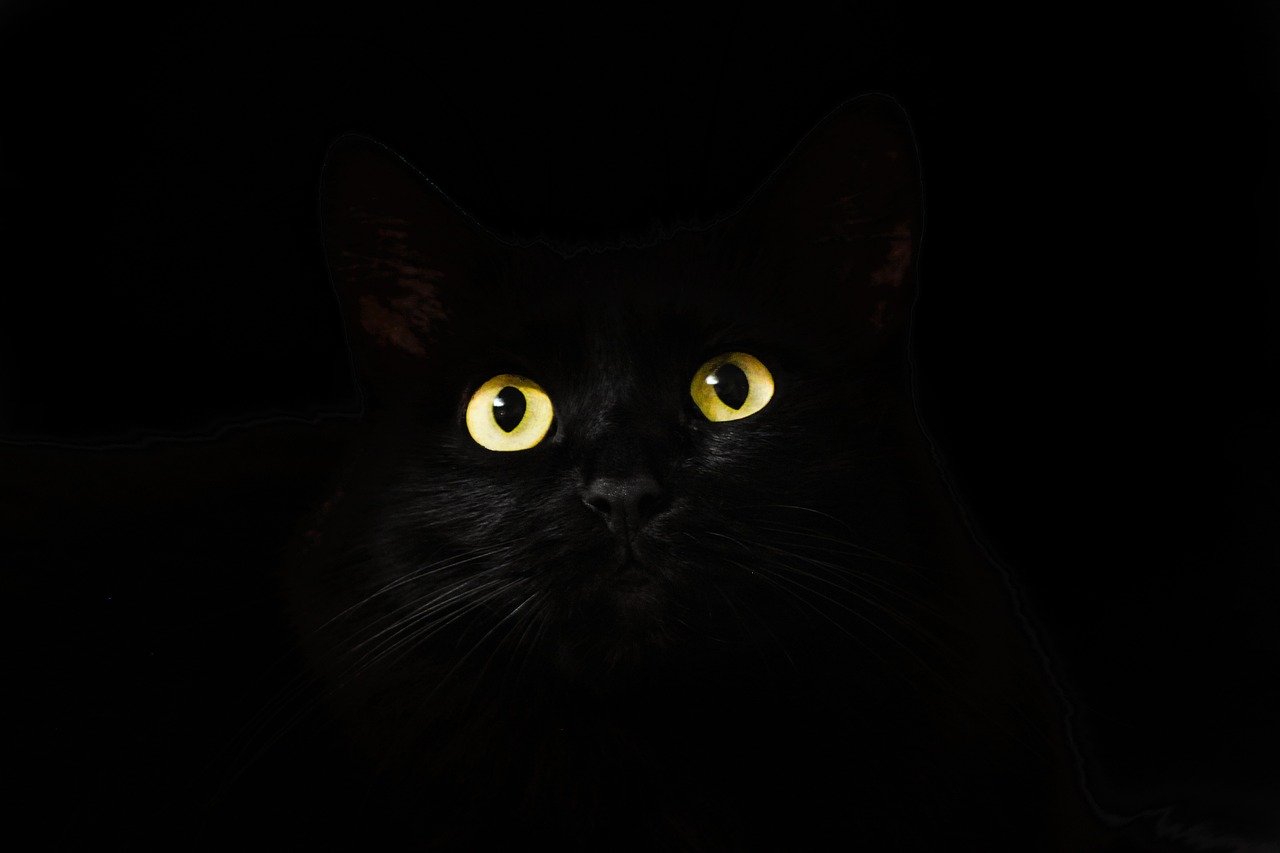
When your cat locks eyes with you, it might feel like a challenge. In reality, prolonged eye contact can be a sign that your cat is seeking a connection. Cats often stare to communicate trust and interest. If you respond with a slow blink, it can signal to your cat that you are not a threat and are open to interaction. This mutual exchange can be incredibly soothing for your feline companion.
Kneading: A Comforting Gesture
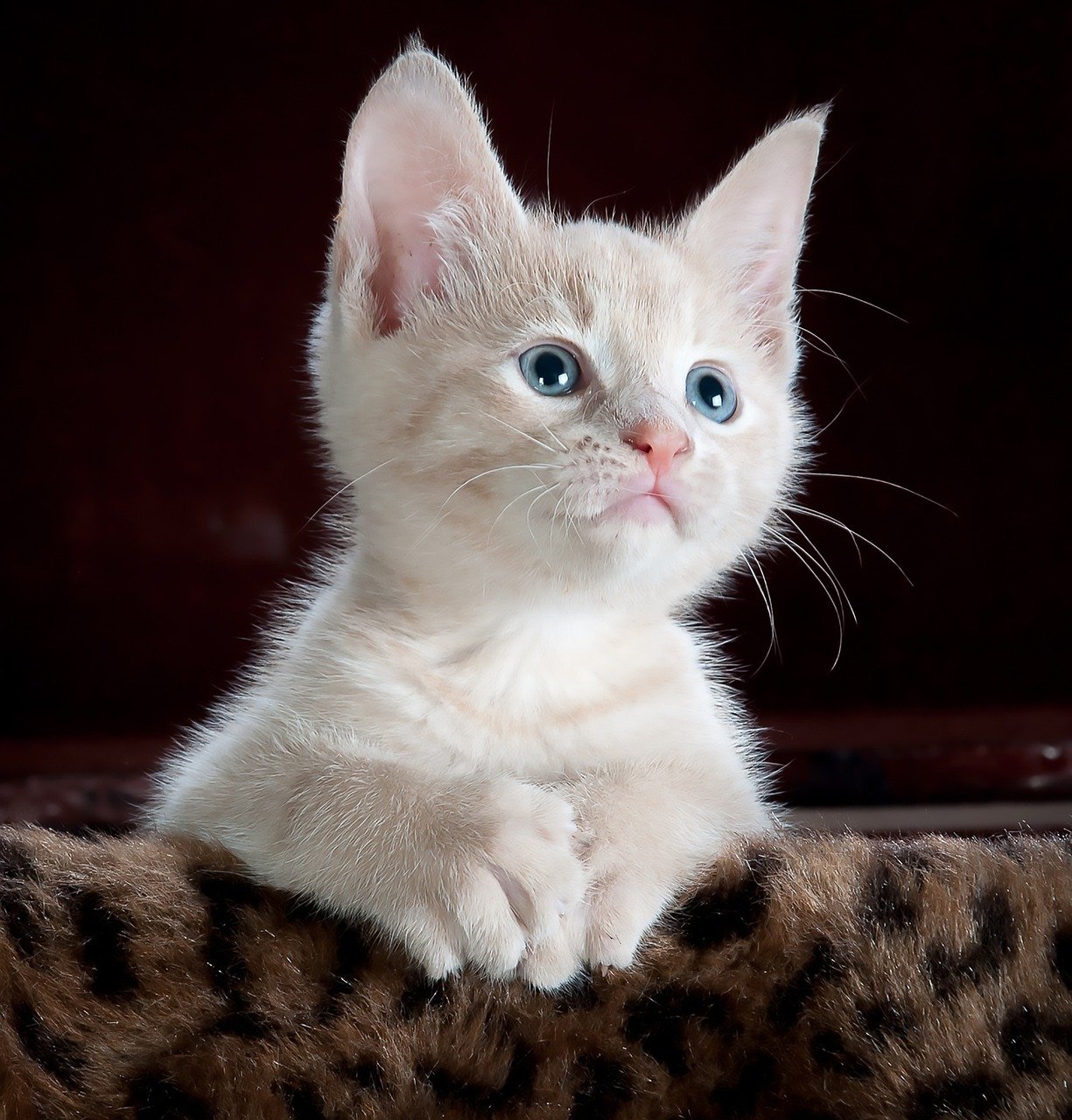
Kneading, or “making biscuits,” is a behavior rooted in kittenhood. When your cat kneads you, it’s not just marking its territory with scent glands; it’s also a sign of affection and a request for comfort. This action mimics the motions kittens make while nursing, a time when they felt safe and secure. When your cat kneads, it’s a subtle way of expressing its desire for reassurance and warmth.
Bringing You “Gifts”: A Sign of Trust
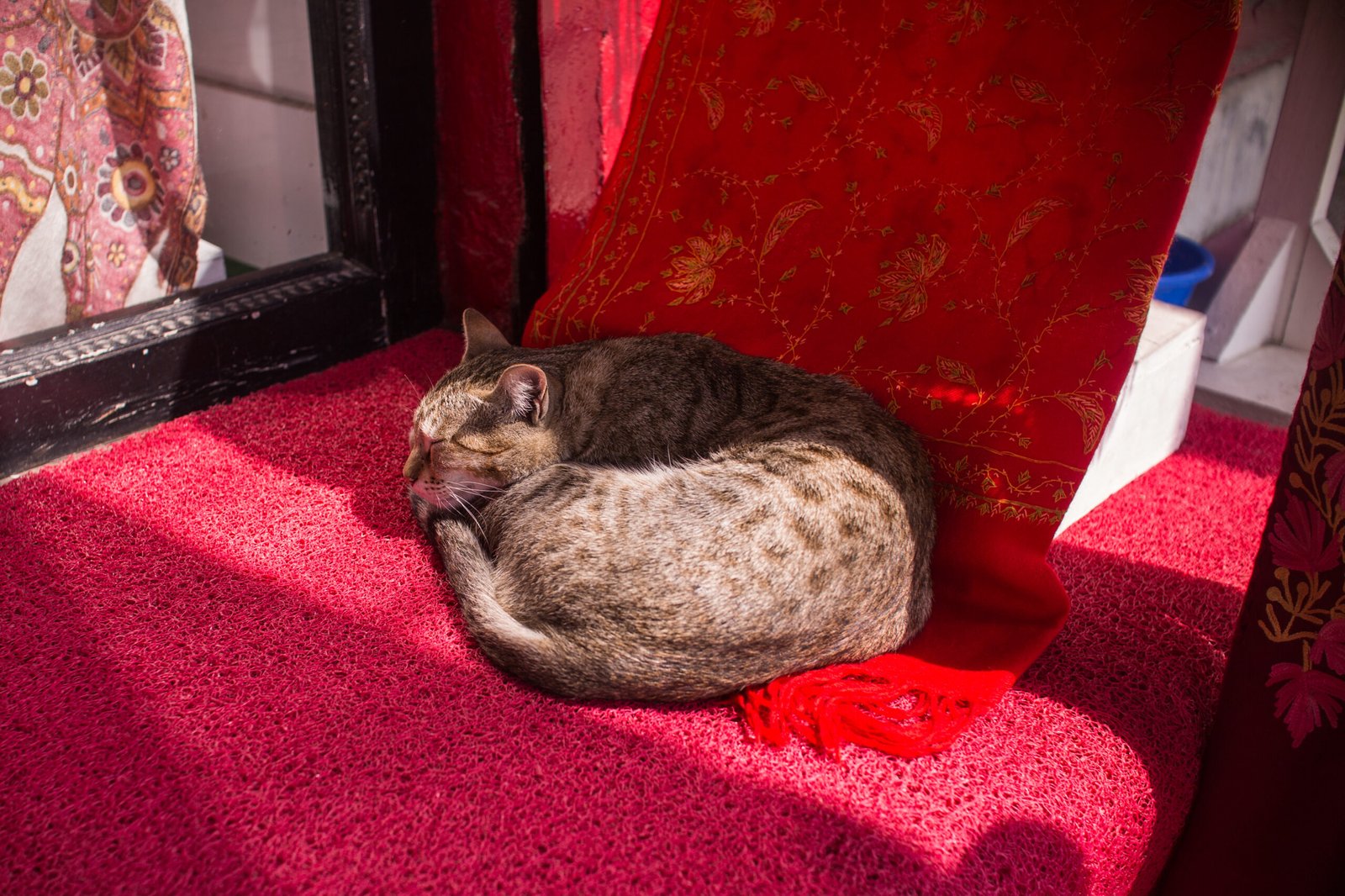
Receiving a “gift” from your cat, like a dead mouse or a toy, can be both surprising and unsettling. However, this behavior is a sign of trust and affection. By sharing its prized possession with you, your cat is showing that it values your relationship and is seeking validation from you. Acknowledge the gesture with gentle praise to reassure your feline friend.
Hiding: A Need for Safety
Cats often retreat to secluded spots when they feel threatened or overwhelmed. While it might seem like they’re avoiding you, hiding is a cat’s way of seeking safety and comfort. Providing a quiet, secure space for your cat to retreat to can help it feel more at ease. Once your cat feels safe, it will likely emerge, seeking your presence and reassurance.
Excessive Grooming: A Self-Soothing Technique
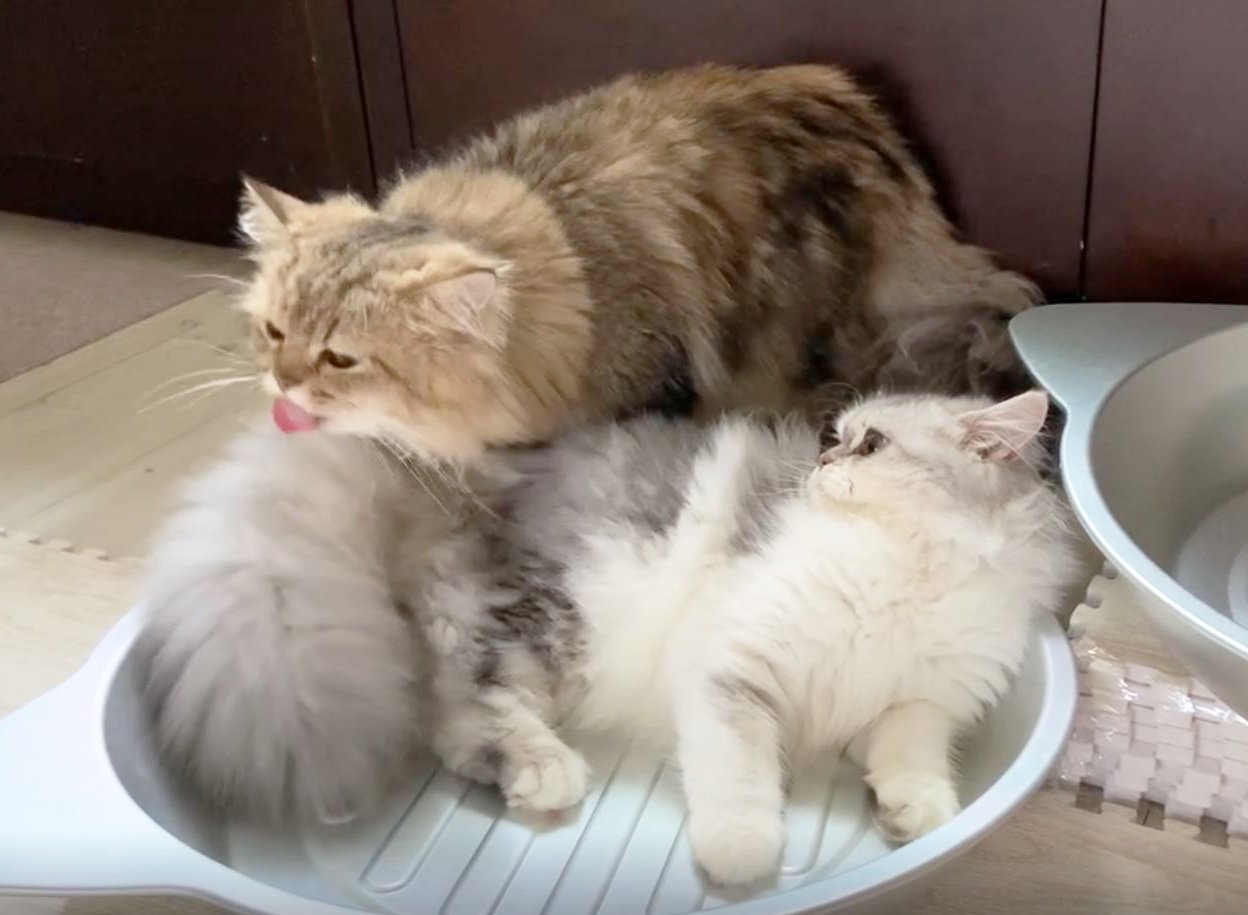
If your cat is grooming itself more than usual, it might be using this behavior as a coping mechanism. Excessive grooming can be a sign of stress or anxiety, and your cat might be trying to soothe itself. Offering a calming environment and spending quality time with your cat can help reduce its stress levels and provide the reassurance it needs.
Purring: More Than Just Contentment
While purring is often associated with a happy cat, it can also be a sign that your cat is seeking comfort. Cats purr for various reasons, including when they are in pain or distress. If your cat is purring while displaying other signs of stress, it might be looking to you for reassurance and care. Offering gentle petting and a calm presence can help soothe your cat.
Slow Blinking: A Sign of Trust
When your cat gives you a slow blink, it’s akin to a human smile. This gesture indicates that your cat feels safe in your presence and is seeking a reciprocal trust signal. Responding with a slow blink can strengthen your bond and reassure your cat that you are a source of comfort and safety.
Scratching: A Need for Attention
Scratching is a natural behavior for cats, but it can also be a call for attention. If your cat is scratching furniture or other inappropriate surfaces, it might be seeking reassurance through interaction. Providing scratching posts and engaging in playtime can help fulfill your cat’s need for attention and offer the comfort it craves.
Head Butting: A Loving Gesture
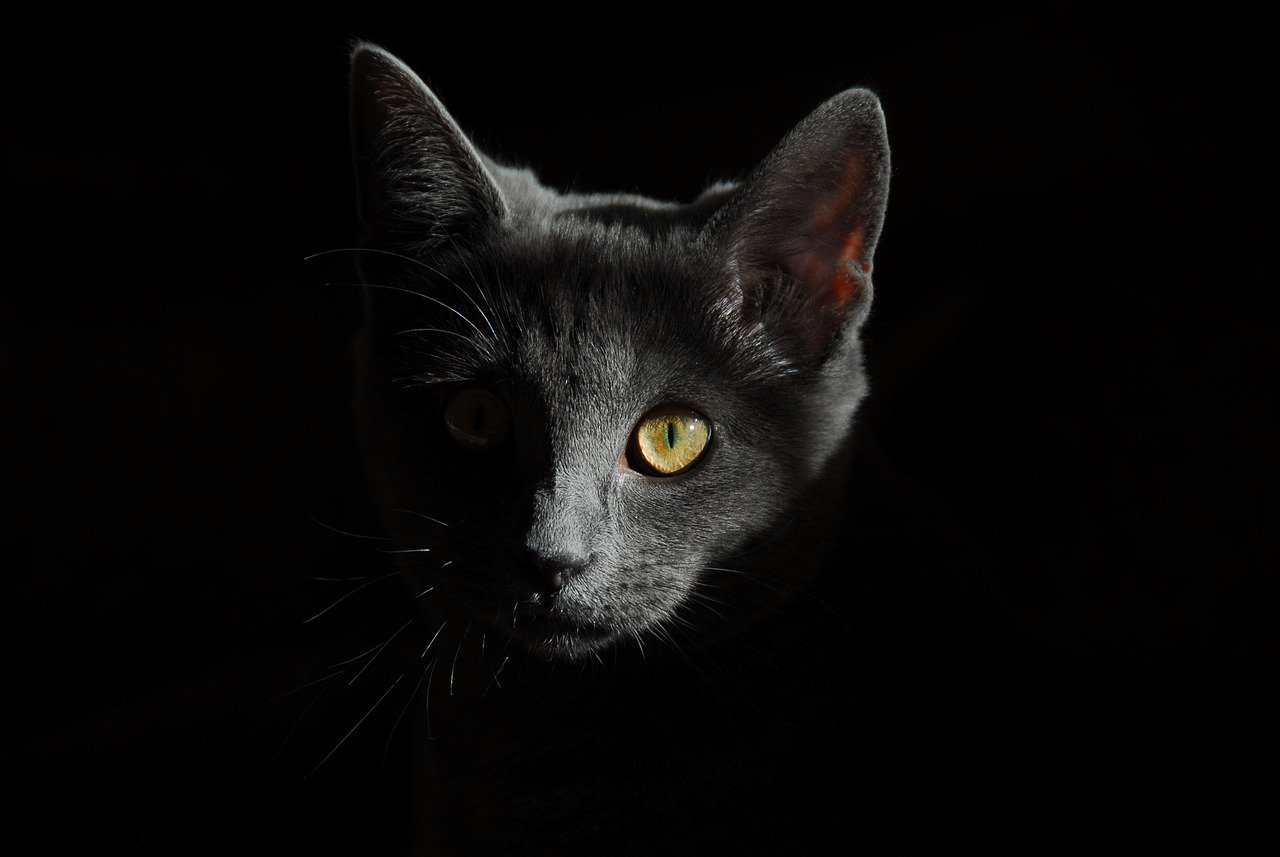
When your cat head butts you, it’s not just marking you with its scent; it’s also a sign of affection and trust. This behavior is a way for your cat to seek reassurance and strengthen your bond. Responding with gentle petting or verbal affirmation can provide the comfort your cat is looking for.
Meowing: A Request for Reassurance
Cats use meowing as a way to communicate with humans. If your cat is meowing excessively, it might be trying to convey its need for attention or reassurance. Listening to your cat’s vocal cues and responding with care can help address its needs and provide the comfort it desires.
As cat owners, understanding these behaviors can deepen our connection with our feline companions. By recognizing the moments when our cats act tough but are really seeking reassurance, we can respond with the care and comfort they need. After all, even the bravest of cats sometimes need a gentle touch and a loving presence. So, the next time your cat puts on a tough act, ask yourself: What is it truly trying to tell you?
Hi, I’m Bola, a passionate writer and creative strategist with a knack for crafting compelling content that educates, inspires, and connects. Over the years, I’ve honed my skills across various writing fields, including content creation, copywriting, online course development, and video scriptwriting.
When I’m not at my desk, you’ll find me exploring new ideas, reading books, or brainstorming creative ways to solve challenges. I believe that words have the power to transform, and I’m here to help you leverage that power for success.
Thanks for stopping by, Keep coming to this website to checkout new articles form me. You’d always love it!






